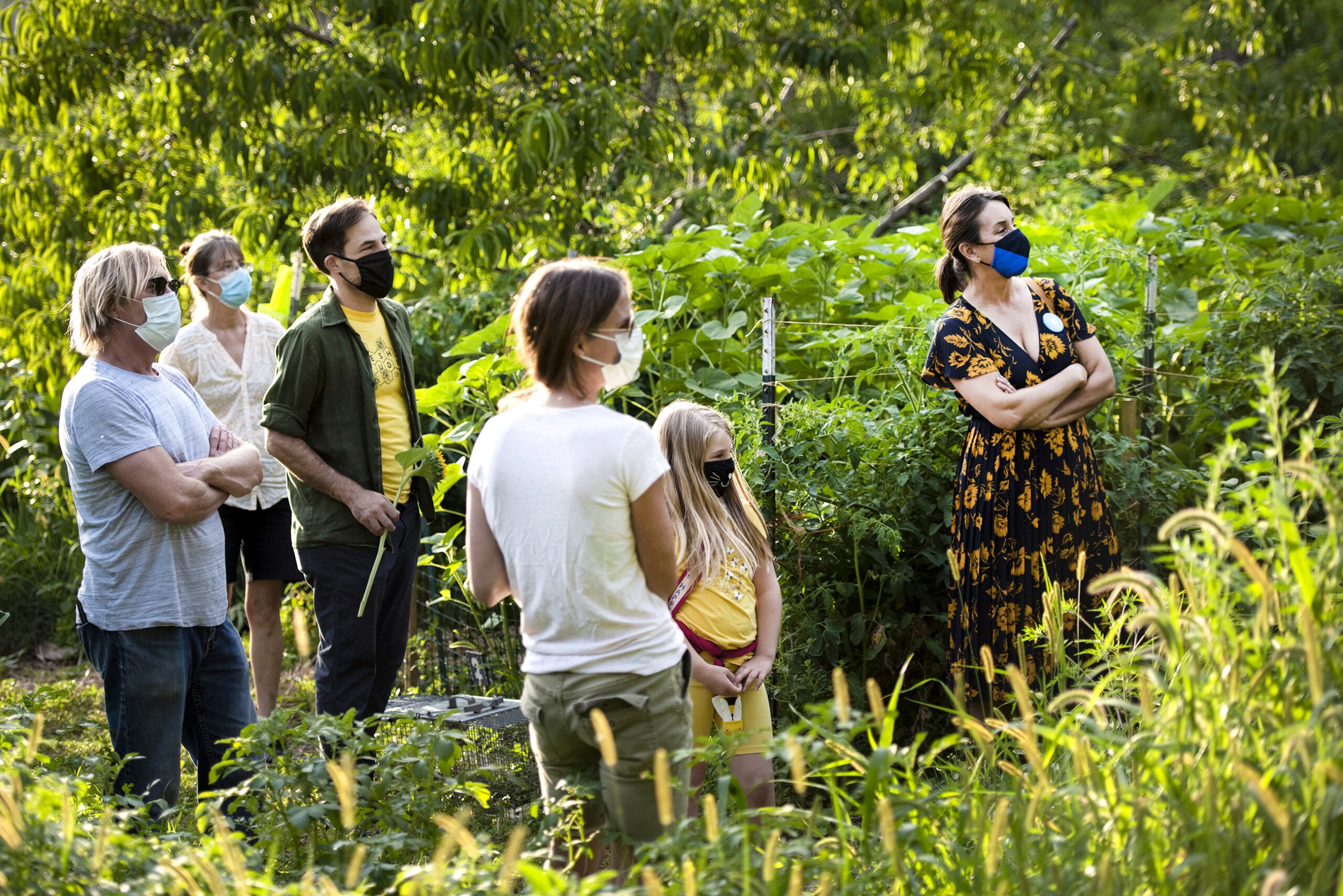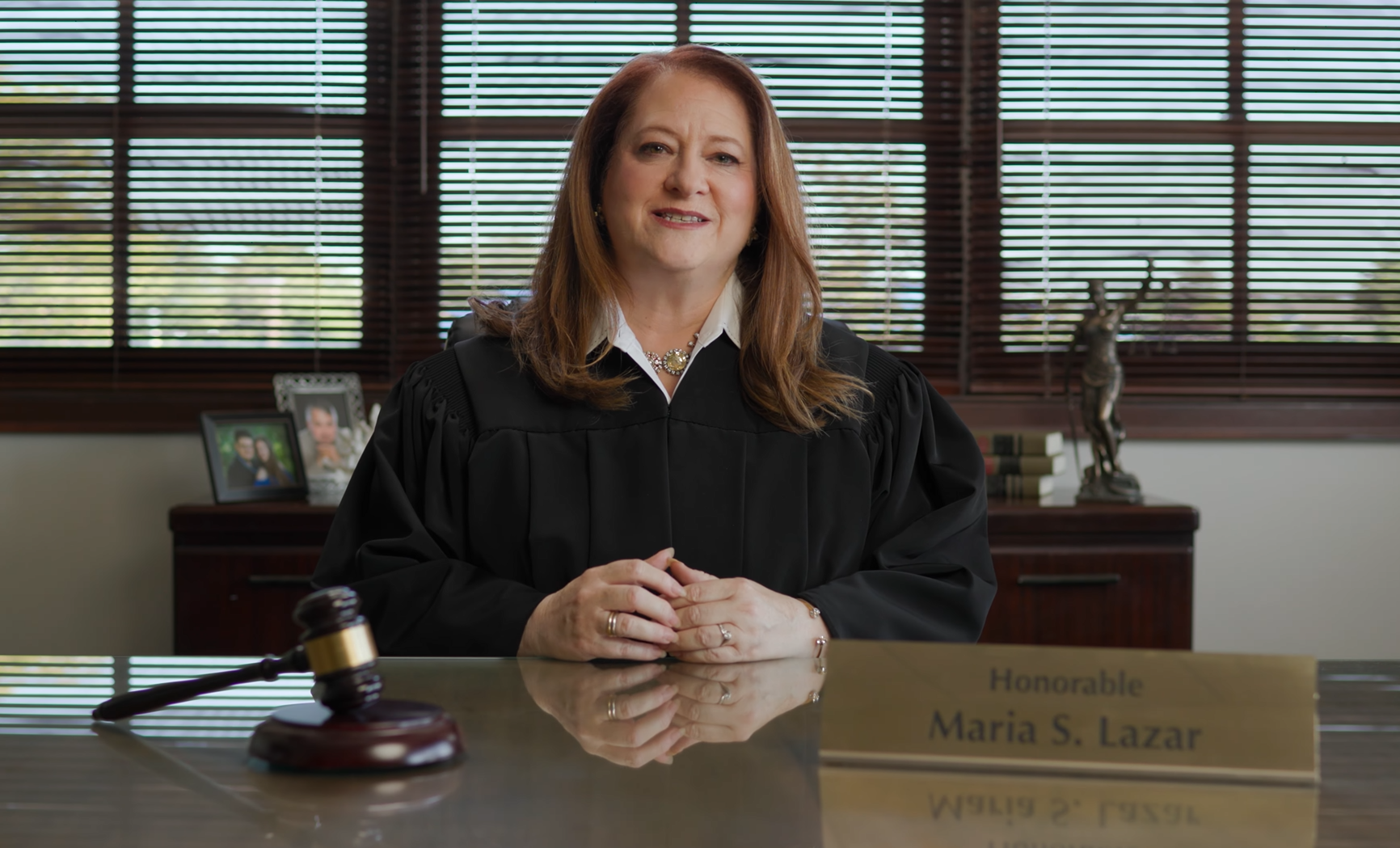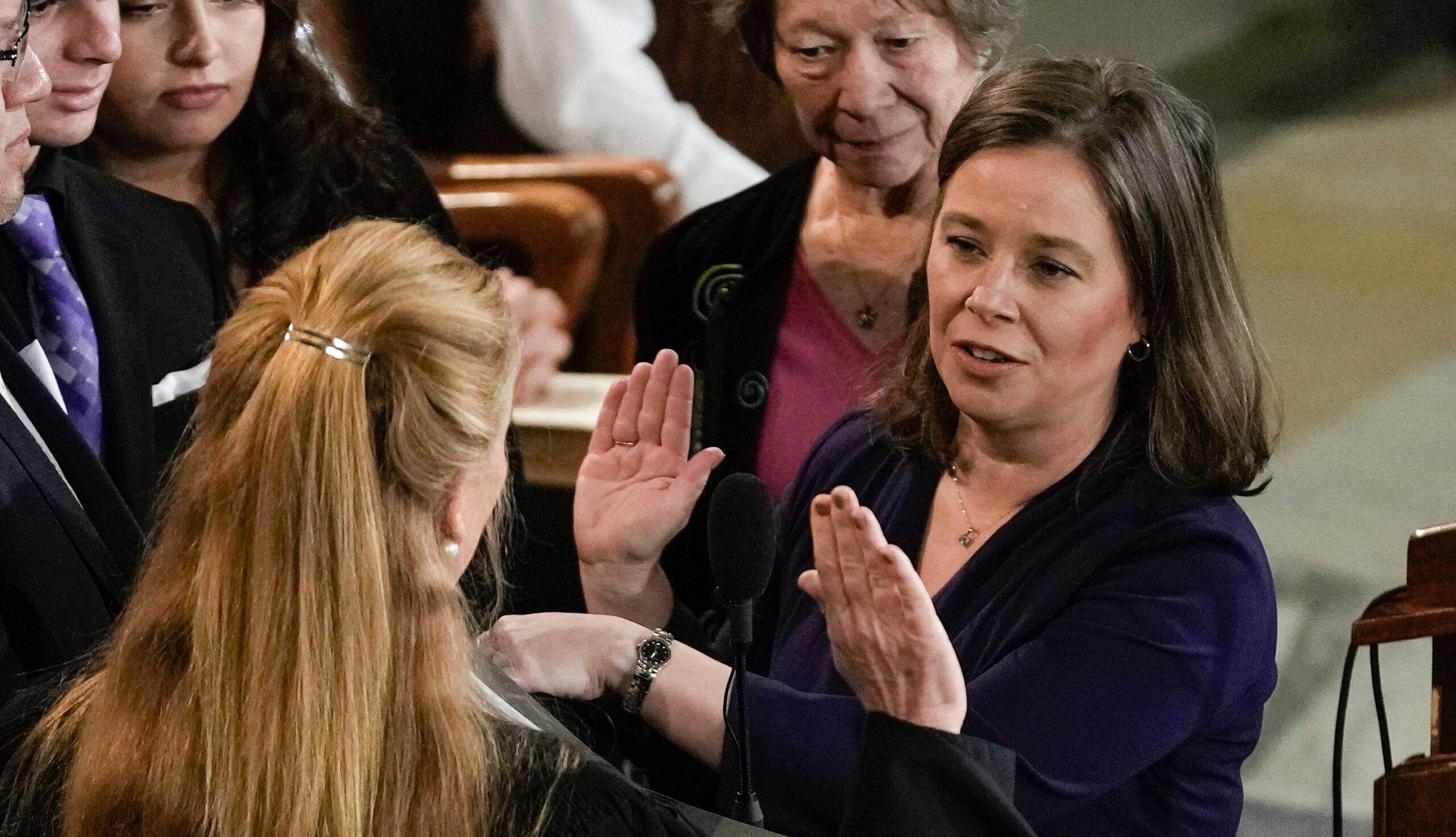At an online training session for candidates in early August, Wisconsin Democratic Party staff talked to candidates about strategy, organizing and how to rally support virtually.
“Throughout the training, they were saying things like: ‘At this time, it’s not safe to knock doors,’” said Lee Snodgrass, an Appleton Democrat. “But then they would also say, ‘Each candidate and campaign is going to make a decision that’s best for their campaign and their community.’”
In between those two statements, Snodgrass said, lies the gray area of campaigning during a pandemic.
News with a little more humanity
WPR’s “Wisconsin Today” newsletter keeps you connected to the state you love without feeling overwhelmed. No paywall. No agenda. No corporate filter.
Despite the party’s warnings, Snodgrass, who is running for an open seat in the 57th Assembly District against Republican Eric Beach, is knocking on doors for her campaign. She goes by herself, without volunteers and always wears a mask. She backs up more than six feet after knocking on the door or ringing the bell, and she asks the person who comes to the door if they’re comfortable speaking with her. She’s trying to be sensitive to people’s health concerns, and careful to avoid the risk of spreading COVID-19.
But she’s also working hard to win votes in a region, the Fox Valley, that is one of the parts of Wisconsin Democrats are most hoping to swing in their direction. And even in a pandemic, there is a fundamental rule of politics:
“Voter contact,” Snodgrass said, “is how you get votes.”
The coronavirus brought a halt to in-person events of all sorts in March, but in the months since, many have returned — from restaurant meals and retail shopping to concerts and political speeches. And in an election year, Snodgrass is far from the only candidate navigating how to get her message out while also respecting the boundaries of anxious voters and the best advice of public health professionals.
Wisconsin Public Radio, © Copyright 2025, Board of Regents of the University of Wisconsin System and Wisconsin Educational Communications Board.







